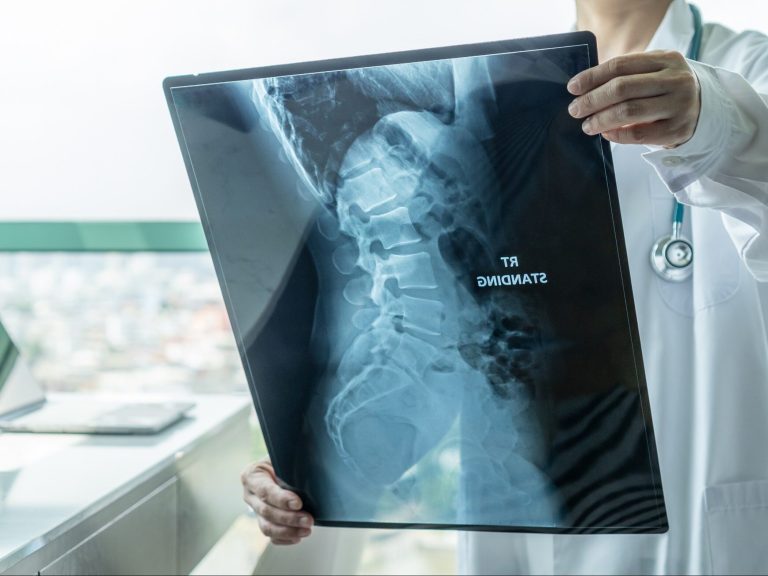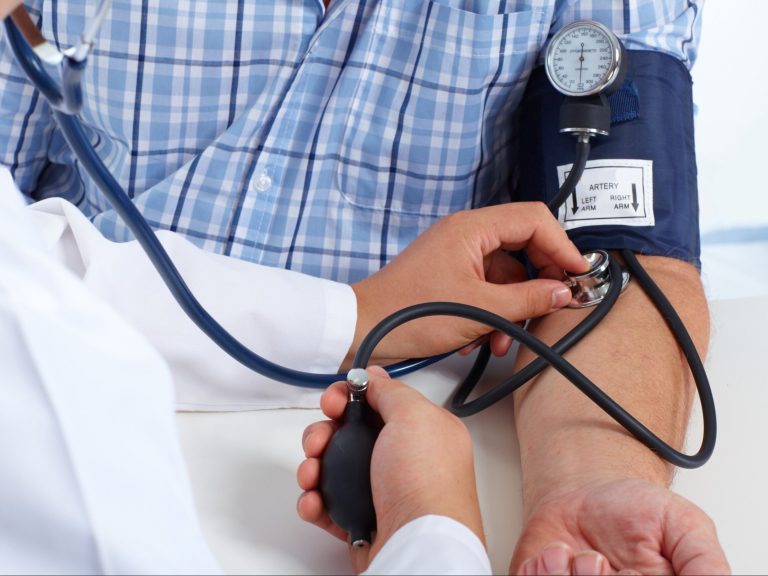This is a “silent” symptom of high cholesterol, almost everyone ignores it. What to look for?

High cholesterol levels can lead to atherosclerosis and, consequently, to heart attack, stroke or coronary artery disease. Check what non-specific symptom indicates this disease.
High blood cholesterol is called the “silent killer” because it often has no clear symptoms. This is a risk factor for the occurrence of serious cardiovascular diseases, which are one of the main causes of death in our country (they are also an important cause of premature death). Therefore, it is worth knowing how high cholesterol manifests itself. One of the symptoms may be confused with other diseases and often downplayed.
Weakness and fatigue as a symptom of high cholesterol
Although we usually associate weakness and fatigue with excess responsibilities and a fast pace of life, it may also be a sign of increased cholesterol. Additionally, elevated cholesterol often accompanies overweight and obesity, which in turn may translate into the fact that due to the extra kilograms, any physical activity involves greater effort.
Additionally, too high cholesterol levels also have a harmful effect on our brain and many processes that take place in our body. Therefore, it may also cause problems with concentration, difficulty focusing and remembering certain things. Although we don't seem to associate these symptoms with too high cholesterol, it is worth keeping them in mind and not ignoring them when they occur. Also see what diet to follow for high cholesterol.
What are other signs of too high cholesterol?
Initially, high cholesterol does not cause any symptoms in the human body. However, over time, its symptoms may include, for example:
-
yellow lumps on the body (appear under the breasts, on the eyelids, in the bends of the elbow),
-
shiny and stretched skin on the feet,
-
leg pain,
-
lumps on the tendons of the wrists or Achilles tendon.
High cholesterol may also cause pain, including in the thighs, calves and hips.
What are the causes of high cholesterol?
The key to good health is maintaining cholesterol levels at the appropriate level, and its examination is one of the basic diagnostic tests. If it shows any abnormalities, appropriate treatment should be initiated immediately. People with chronic hypertension and diabetes, smokers and people who are obese and overweight should have their cholesterol levels checked regularly. Those who have a family history of cholesterol problems should also be careful.
Risk factors for elevated cholesterol include:
-
smoking,
-
drinking alcohol,
-
liver disease,
-
age (the risk increases in people over 30),
-
overweight and obesity,
-
low level of physical activity,
-
inappropriate diet (large amount of fatty food).






